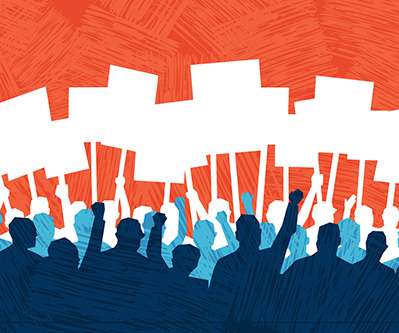Your greatest untapped online resource: your people
Nonprofit Marketing Blog
AUGUST 26, 2011
Today I feature a guest post by Filippo Trevisan of the School of Social and Political Sciences at the University of Glasgow. I met Filippo after a recent panel discussion on social media. After I spoke, he introduced himself and told me about his research on the impact of social media on disability-focused nonprofits.












Let's personalize your content